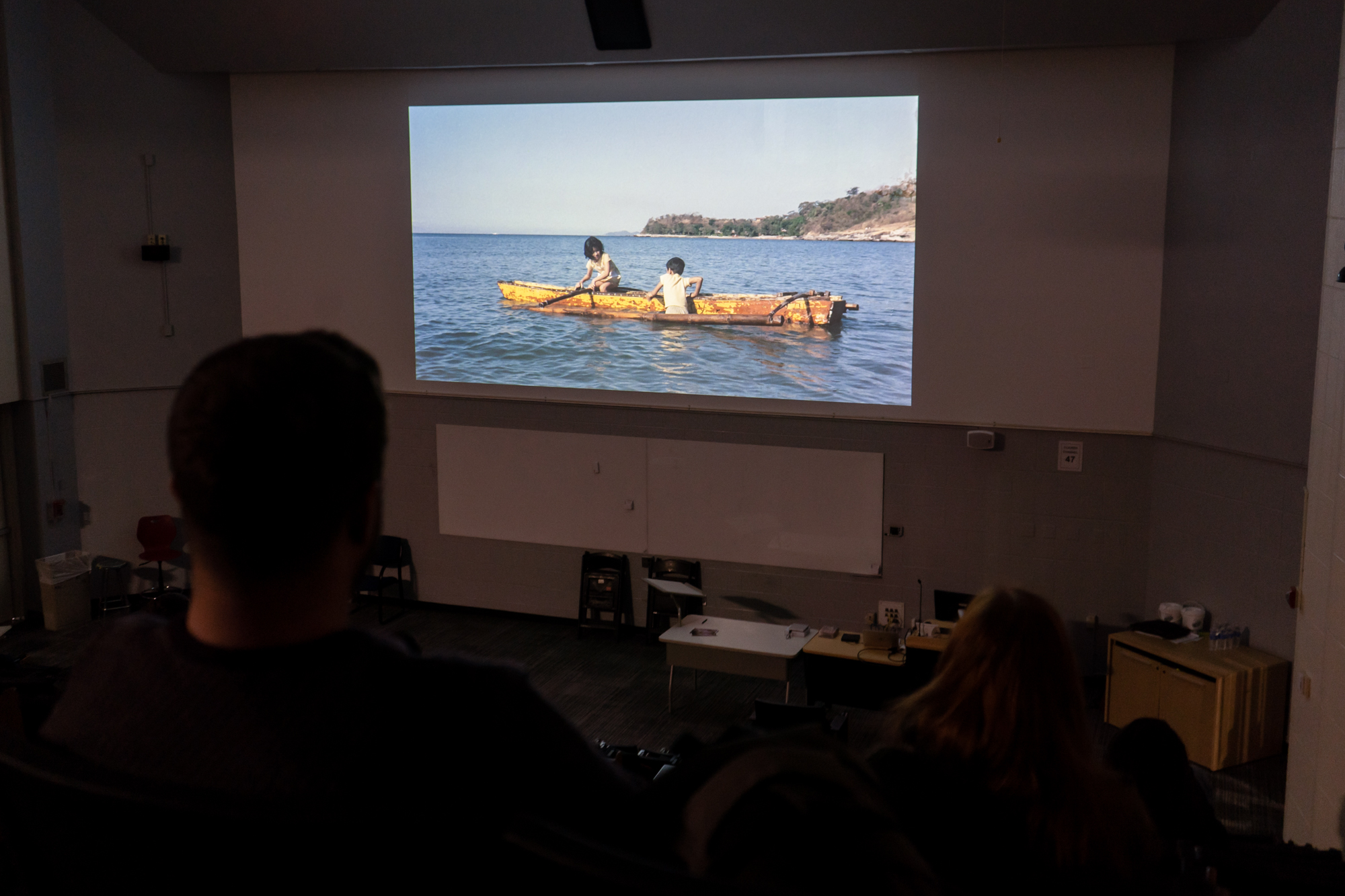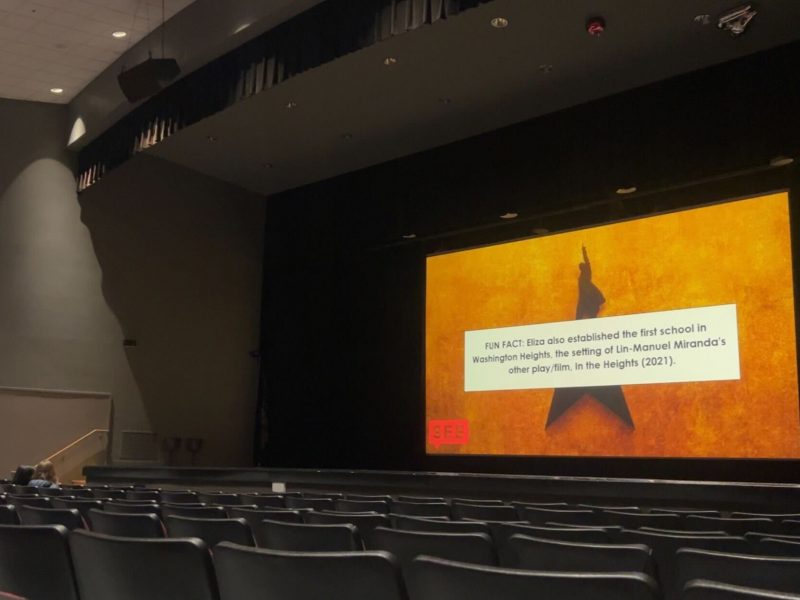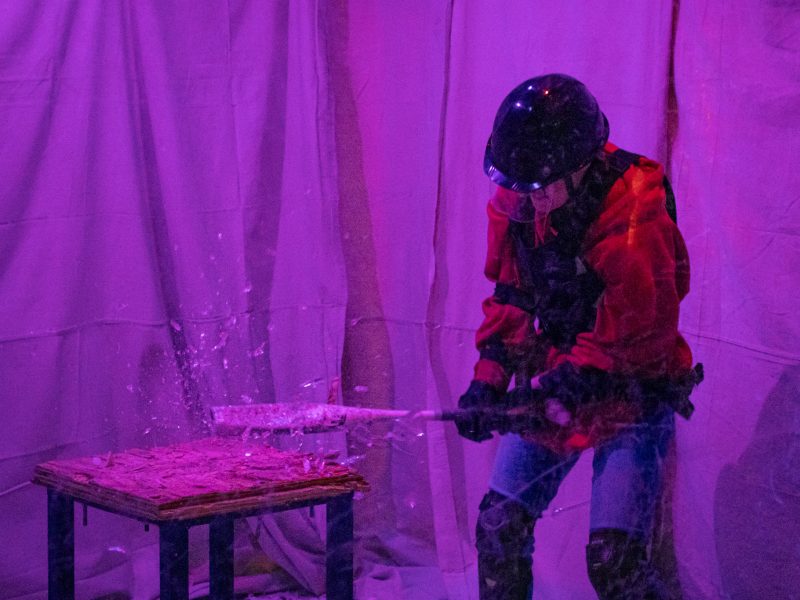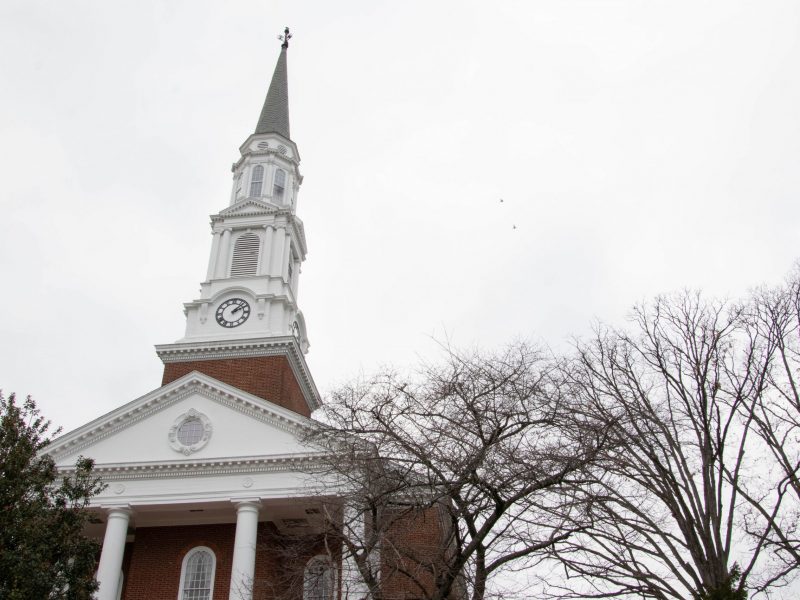Restored masterpieces of world cinema were brought to life last week at the University of Maryland’s third edition of the Il Cinema Ritrovato film festival.
The festival, hosted at this university by the languages, literatures and cultures school and the cinema and media studies program, features films that have been restored by the Cineteca di Bologna film archive. One of the world’s premiere film restoration centers, the archive’s work involves converting the original analog product of a movie into a digital format, amending any scratches or issues with high-definition color and sound.
For 36 years, restored movies have been screened in Bologna, with the festival expanding to bring their achievements in film to a global audience. Cineteca di Bologna’s work has reached Asia, South America and other parts of Europe, but had yet to make its way to the United States’ mid-Atlantic region. Valeria Federici, a lecturer in the university’s Italian program and an organizer of the festival, wanted to change that.
“When I came here … I already had contact with the Bologna Film Archive because I had been involved in this event in other institutions,” Federici said. “And I knew that the Il Cinema Ritrovato were not doing a stop in the mid-Atlantic area, so I thought about bringing it to UMD.”
[‘Root to Rise’: UMD alum discusses her transracial adoptee experience at MICA event]
This recent larger event, split between screenings at the university and the National Gallery of Art in Washington, D.C., featured eight full-length films selected and curated by a committee of faculty such as Federici and other film scholars.
While advertised by the Italian program and co-sponsored by an Italian film festival, only one of the films screened was by an Italian director. Through an emphasis on global cinema, Federici explained it is important for the films screened to reach a diverse audience.
“We have … multilingual faculty and students not only from the U.S., but from around the world, and we want to be in between,” she said.
The Battle of Algiers from Algeria and Sambizanga from Angola were the first two films featured on the first day, with struggles for independence and defying imperialism as a nation being overarching themes of the two films.
The second day showcased the Filipino film Manila in the Claws of Light and Memories of Underdevelopment from Cuba. Although much subtler, both films tackled questions surrounding capitalism and poverty, urban life, the aftermaths of revolution and the control of women.
Both days of screenings were followed by a question and answer session with film scholars and professors of the languages, literatures and cultures school.
[Filipino Cultural Association hosts debut in honor of four students]
The significance of the festival goes beyond showcasing one institution’s feats in technology, presenting restored pieces of overlooked history and inspiration for modern filmmaking.
“I think [Manila in the Claws of Light] especially is one of the most depressing movies I’ve seen in my life. And that was really incredible,” said freshman communication major Alex Spencer, who was excited to come to the festival after learning about it from his cinema class.
Some of the films presented, such as The Battle of Algiers, are also taught on the campus, and for Federici, events such as the festival bring the opportunity for students to not only watch the film as originally intended, but expand their understanding of the work and lead them down the path of discovering history.
“To move that analog world into a digital and to use all the potential of the digital … that is something that goes beyond the movies themselves,” she said. “There are a lot of layers. And so you can simply go see the movie and go away, or you can really go into the rabbit hole of cinema studies and history and politics and enjoy that part too.”



